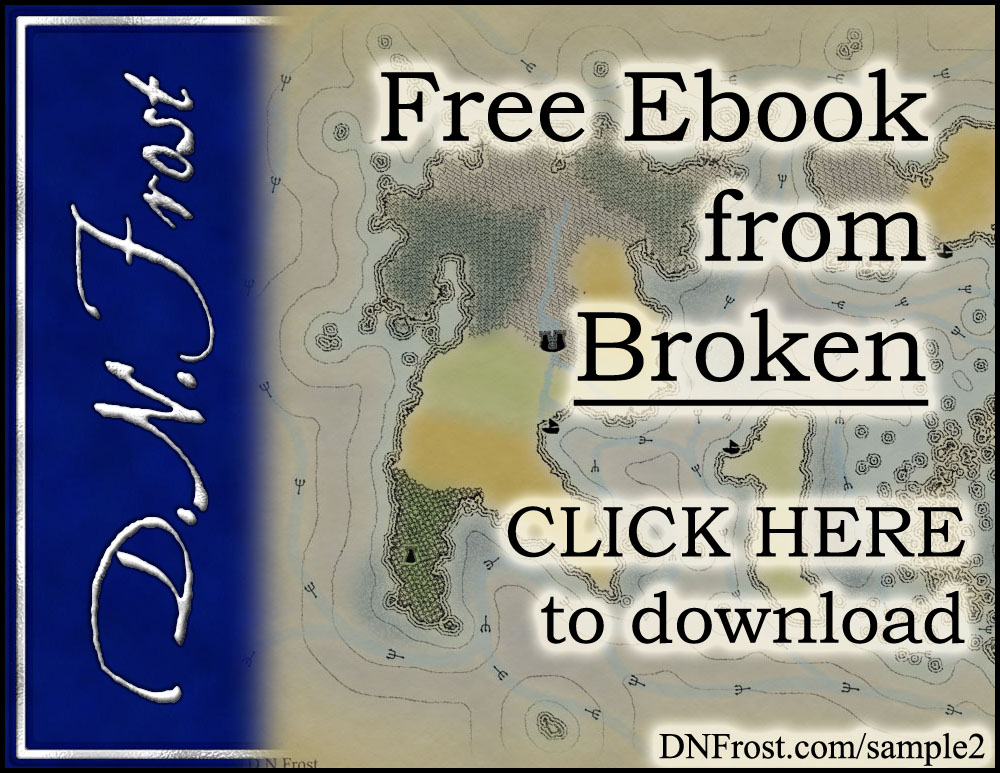This post is Part 1 of a series to augment the Author's Manifesto available for free download.
This and other inspirations of mine are gathered in the Spark Directory for you to explore.
Find more prophetic poetry in my Portents Directory.
I wrote my first poem in 5th grade, an entire year before I wrote my first story. It rhymed, but I wasn't impressed with it. I felt it read like a kid wrote it! (Imagine that.) The poem was a homework assignment, and before I turned it in, I had very little sense of what the poem's message was.
But when my teacher encouraged me to put in an extra line at the end to make the message seem more finished, I was indignant. I didn't like that she was making me change my poem, even though the day before I'd judged the selfsame poem sub-par. This, I suppose, was my first brush with criticism, and with external editing. Since then, I've come to understand that indignation as the resentful smothering of creative expression, which I'm convinced all humans share to some extent.
I realized later that the whole poem celebrated the beauty in life, but the last two lines ended with a sort of haunting rejection of the human condition. Years passed, and the unaltered poem was selected for a Poetry.com anthology I never bought a copy of. Thus I became a published poet as a teen, albeit an unpaid one. Even as my rumpled feathers were soothed, I didn't understand why they'd selected my very first, sub-par poem over newer poems I liked better. My current guess is that I'd shifted into non-rhyming poetry, and it resonated with fewer people.
In retrospect, my 5th grade teacher might have felt unsettled by the poem's conflicting messages, and wanted to teach me to be more consistent. Or maybe she figured a child wouldn't intentionally assert what the poem asserted, and endeavored to help me make the message more positive. To be fair, I hadn't intentionally created a message at all, not that it stopped me from rejecting her critique. Whatever her motivation, she convinced me that I should tack on a final non-rhyming phrase to wrap up the poem's jarring end.
After reluctantly hand-scribing a few silly parting words onto the construction paper mounting this cloudy jewel of a poem, I shrugged it off. Apparently, poetry was not my strong suit. This conclusion didn't trouble me. I was ten, and had better things to occupy my time. Since this was well before my Tales of the Known World saga, I saved the poem out of some mystical sense of self-duty, the same way I imagine scrap-bookers feel compelled to preserve their memories. Then I tucked away my predilection for rhyme to go read and watch Ninja Turtles.
That's it for this post! Up Next: Developing notions of meter and rhyme...
Download the Author's Manifesto here, or start your adventure below.
This and other inspirations of mine are gathered in the Spark Directory for you to explore.
Find more prophetic poetry in my Portents Directory.
I wrote my first poem in 5th grade, an entire year before I wrote my first story. It rhymed, but I wasn't impressed with it. I felt it read like a kid wrote it! (Imagine that.) The poem was a homework assignment, and before I turned it in, I had very little sense of what the poem's message was.
But when my teacher encouraged me to put in an extra line at the end to make the message seem more finished, I was indignant. I didn't like that she was making me change my poem, even though the day before I'd judged the selfsame poem sub-par. This, I suppose, was my first brush with criticism, and with external editing. Since then, I've come to understand that indignation as the resentful smothering of creative expression, which I'm convinced all humans share to some extent.
Check out this Author's Manifesto for more of my inspirations!
I realized later that the whole poem celebrated the beauty in life, but the last two lines ended with a sort of haunting rejection of the human condition. Years passed, and the unaltered poem was selected for a Poetry.com anthology I never bought a copy of. Thus I became a published poet as a teen, albeit an unpaid one. Even as my rumpled feathers were soothed, I didn't understand why they'd selected my very first, sub-par poem over newer poems I liked better. My current guess is that I'd shifted into non-rhyming poetry, and it resonated with fewer people.
In retrospect, my 5th grade teacher might have felt unsettled by the poem's conflicting messages, and wanted to teach me to be more consistent. Or maybe she figured a child wouldn't intentionally assert what the poem asserted, and endeavored to help me make the message more positive. To be fair, I hadn't intentionally created a message at all, not that it stopped me from rejecting her critique. Whatever her motivation, she convinced me that I should tack on a final non-rhyming phrase to wrap up the poem's jarring end.
After reluctantly hand-scribing a few silly parting words onto the construction paper mounting this cloudy jewel of a poem, I shrugged it off. Apparently, poetry was not my strong suit. This conclusion didn't trouble me. I was ten, and had better things to occupy my time. Since this was well before my Tales of the Known World saga, I saved the poem out of some mystical sense of self-duty, the same way I imagine scrap-bookers feel compelled to preserve their memories. Then I tucked away my predilection for rhyme to go read and watch Ninja Turtles.
That's it for this post! Up Next: Developing notions of meter and rhyme...
Download the Author's Manifesto here, or start your adventure below.
Liked this? Share, please!



No comments:
Post a Comment